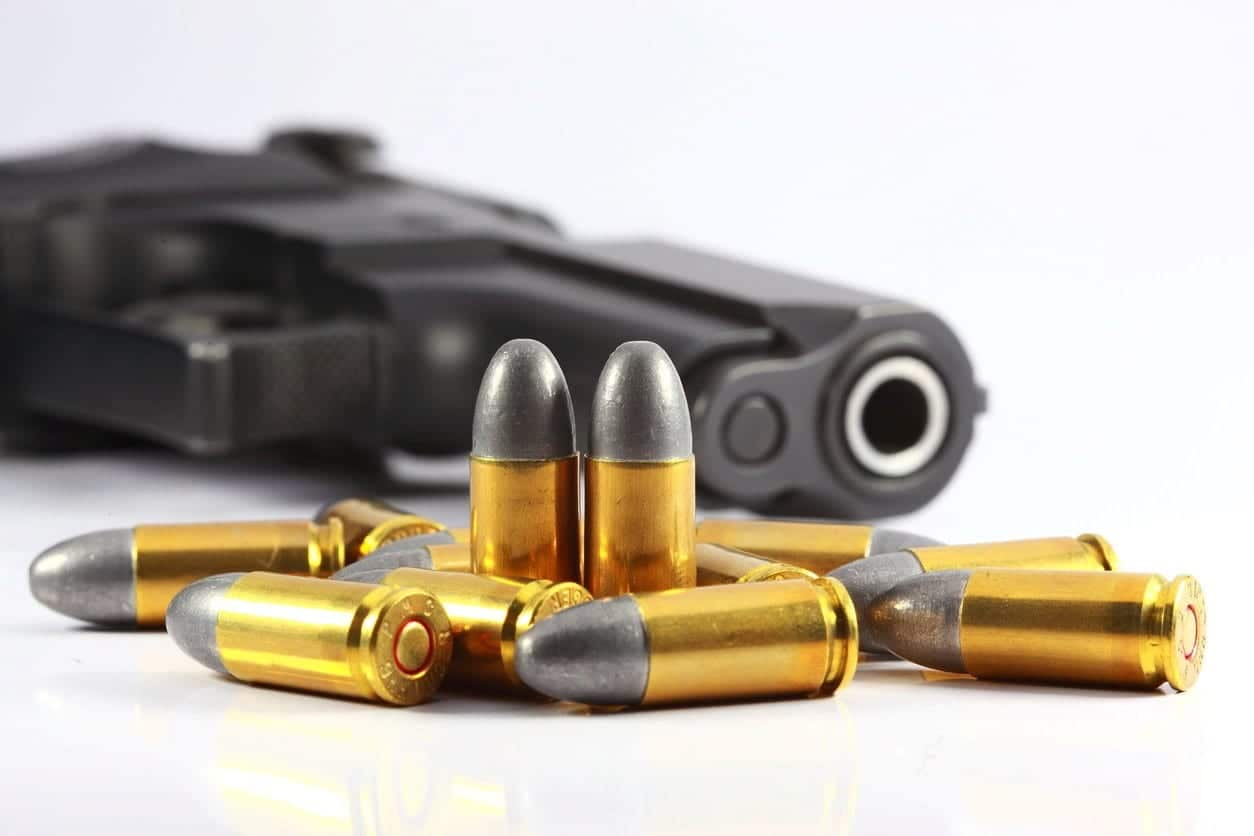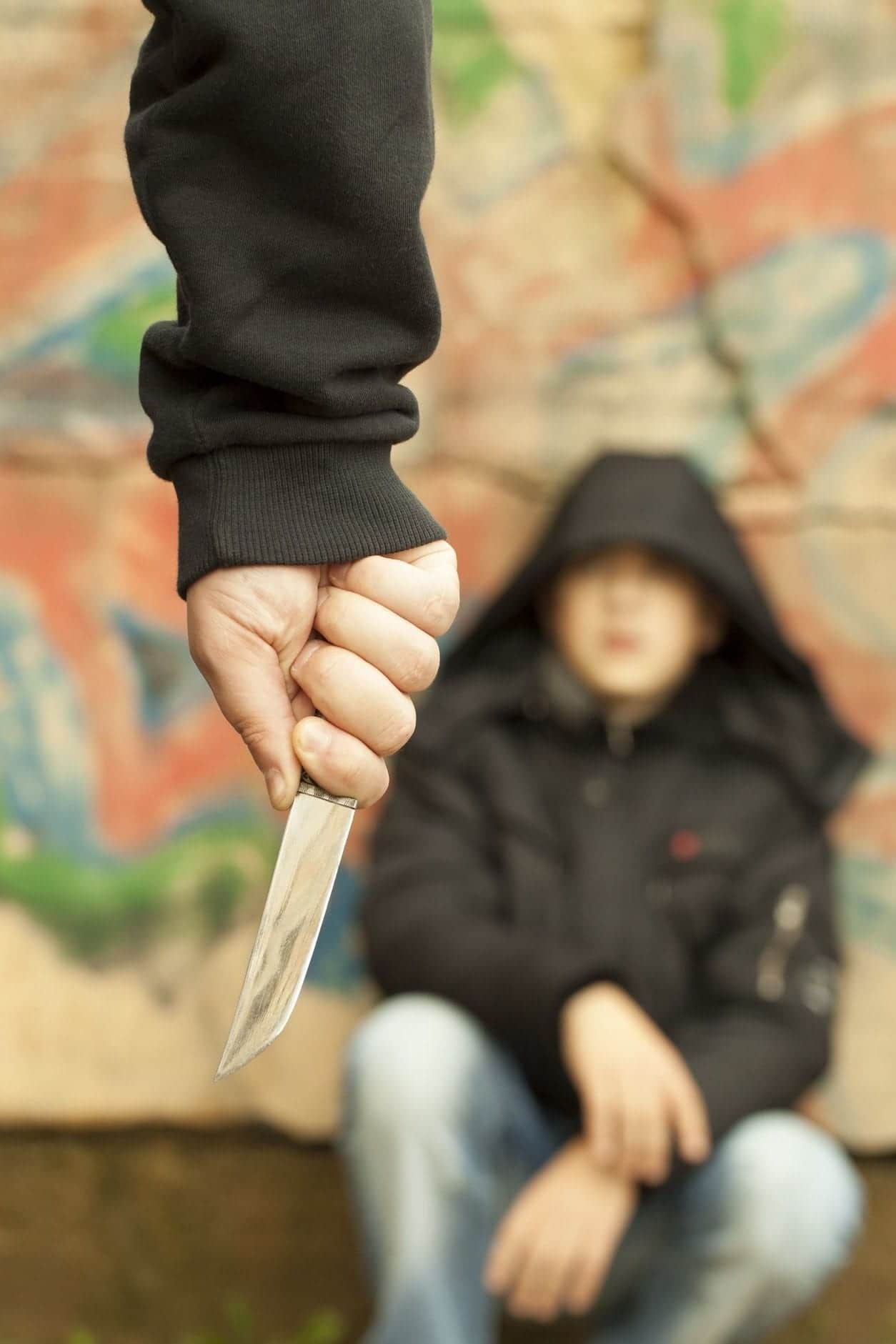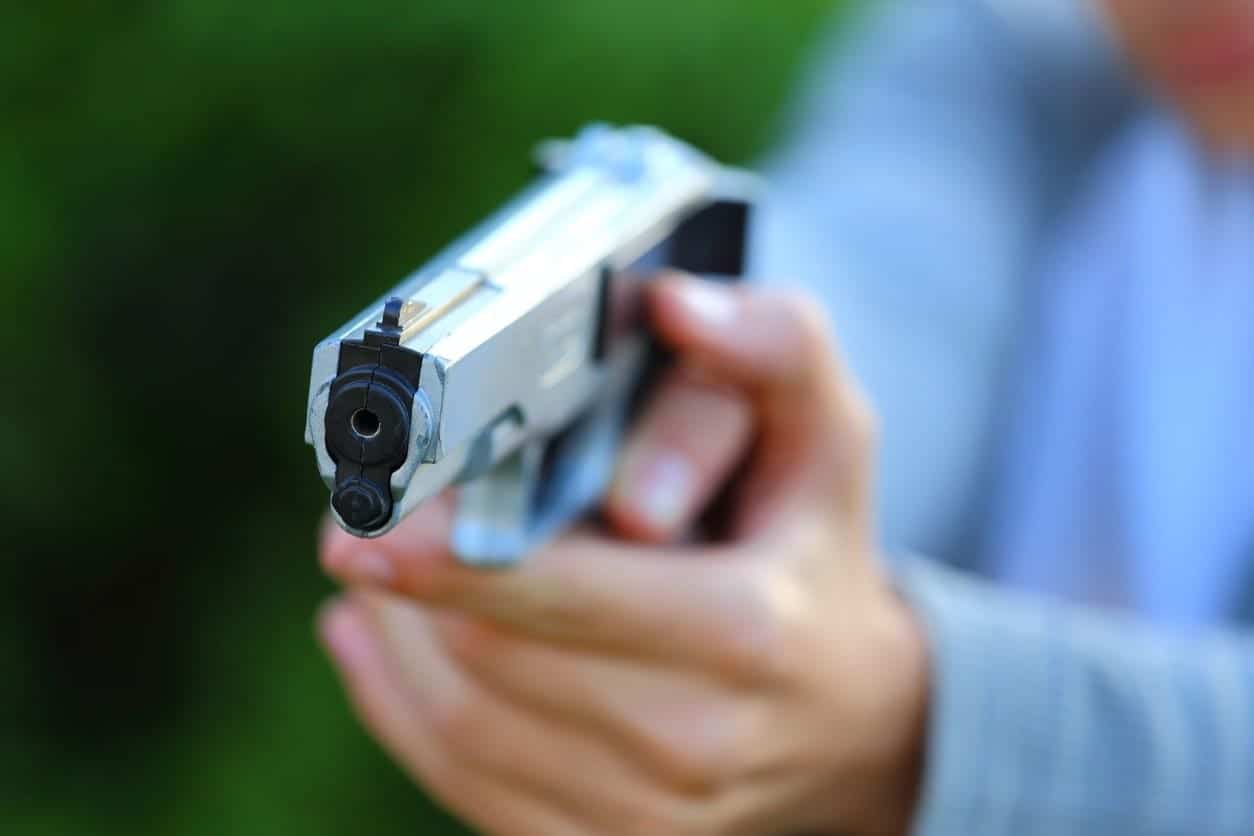
Guns are currently having their moment at the forefront of American culture. With constant debates about gun policies, gun advocates are more concerned than ever to make sure their Second Amendment rights are protected at all costs.
That’s why it is especially important right now to make sure that you fully understand our state’s laws regarding weapons charges, new methods that law enforcement officers are using to catch violators, and the penalties that come with potentially breaking those laws.
Depending on the circumstances surrounding the crime, you can be charged with a misdemeanor or felony offense. Today, we will look specifically at misdemeanor and gross misdemeanor weapons crimes.
Dangerous Weapons Laws in Minnesota
Before we get into the law, we must first discuss and define the term “dangerous weapon.” Obviously guns are a dangerous weapon, but what else is considered a dangerous weapon in Minnesota? A knife seems like it might be a dangerous weapon, but what about a stick?
We have to turn to the actual written statute. Minnesota defines a dangerous weapon as:
“Any firearm, whether loaded or unloaded, or any device designed as a weapon and capable of producing death or great bodily harm, any combustible or flammable liquid or other device or instrumentality that, in the manner it is used or intended to be used, is calculated or likely to produce death or great bodily harm, or any fire that is used to produce death or great bodily harm.”
And to make things even clearer, “great bodily harm” is defined as:
“Bodily injury which creates a high probability of death, or which causes serious permanent disfigurement, or which causes a permanent or protracted loss or impairment of the function of any bodily member or organ or other serious bodily harm.”
So under these definitions, a stick wouldn’t technically be considered a dangerous weapon because it’s not designed to be a weapon in the first place. But a sword, knife of a certain length, dagger, throwing star, etc. could be dangerous weapons under the law.

Under Section 609.66 of the Minnesota Statutes, if you have one of these dangerous weapons you can be charged with a misdemeanor or gross misdemeanor crime for a variety of reasons, such as:
- Recklessly handling or using a gun or other dangerous weapon or explosive to endanger the safety of someone else
- Intentionally pointing any kind of gun capable of injuring or killing someone – loaded or unloaded – at or toward another person
- Manufacturing or selling for an unlawful purpose any weapon known as a slungshot or sand club
- Manufacturing, transferring, or possessing metal knuckles or a switch blade knife opening automatically
- Possessing any other dangerous article or substance for the purpose of being used unlawfully as a weapon against another
- Furnishing a child under 14 years of age or allowing a child to handle or use – without the parent being present – a firearm, air gun, ammunition, or explosive
So you can be charged with a crime if you simply point a gun at someone else or recklessly handle – or mishandle – a gun that could possibly endanger someone’s life.
Felony crimes are more serious than misdemeanors and can include having a suppressor, intentionally discharging a firearm, recklessly discharging a firearm, furnishing to a minor, or furnishing to someone with a known substantial risk.

Dangerous Weapons Penalties
These weapons crimes can be charged as either a misdemeanor or gross misdemeanor.
A misdemeanor crime is punishable by up to 90 days in jail, a fine up to $1,000, or both a fine and jail time.
A gross misdemeanor is more severe than a simple misdemeanor. A gross misdemeanor is any crime that is not a felony or misdemeanor. It is punishable by up to one year in jail, a maximum fine of $3,000, or both a fine and jail time.
If the act with a dangerous weapon was committed in a public housing zone, school zone, or park zone, you will be charged with a gross misdemeanor. Otherwise, even if the act was committed in your own residence, you will be charged with a misdemeanor.
These weapons laws are in place for safety measures and concerns for everyone in Minnesota, but situations can often be misread. The truth is that you most likely made a mistake and just want to return to your regular life. That’s why you need the help of an experienced Minnesota weapons charges attorney. Contact a skilled attorney today who will listen to the facts of your case, give you your best options, and build a defense to get your charges reduced, dismissed, or dropped.
About the Author:
Christopher Keyser is a Minneapolis-based criminal and DWI defense attorney known for fighting aggressively for his clients and utilizing innovative tactics to get the most positive results. He has been featured in numerous media outlets due to the breadth and depth of his knowledge, and recognized as a Minnesota Super Lawyers Rising Star (2014–2015), a Top 100 Trial Lawyer (2013–2015), and a Top 40 Under 40 Attorney (2013–2015).





